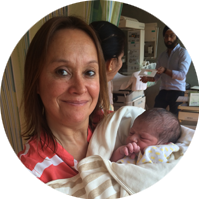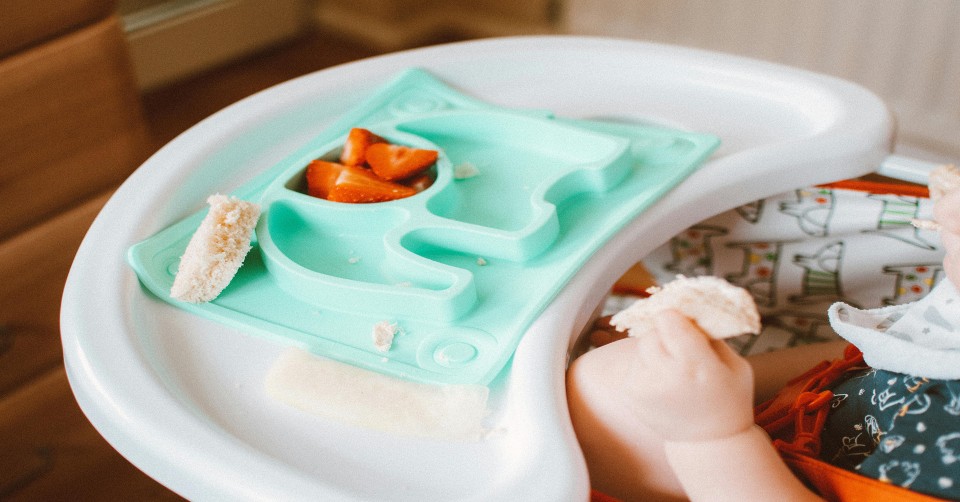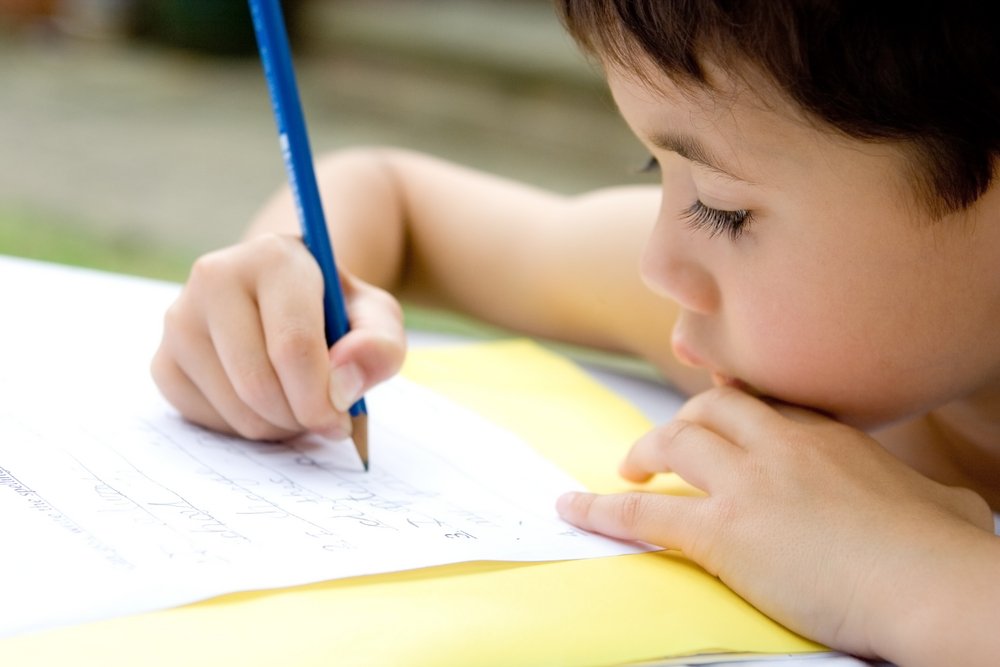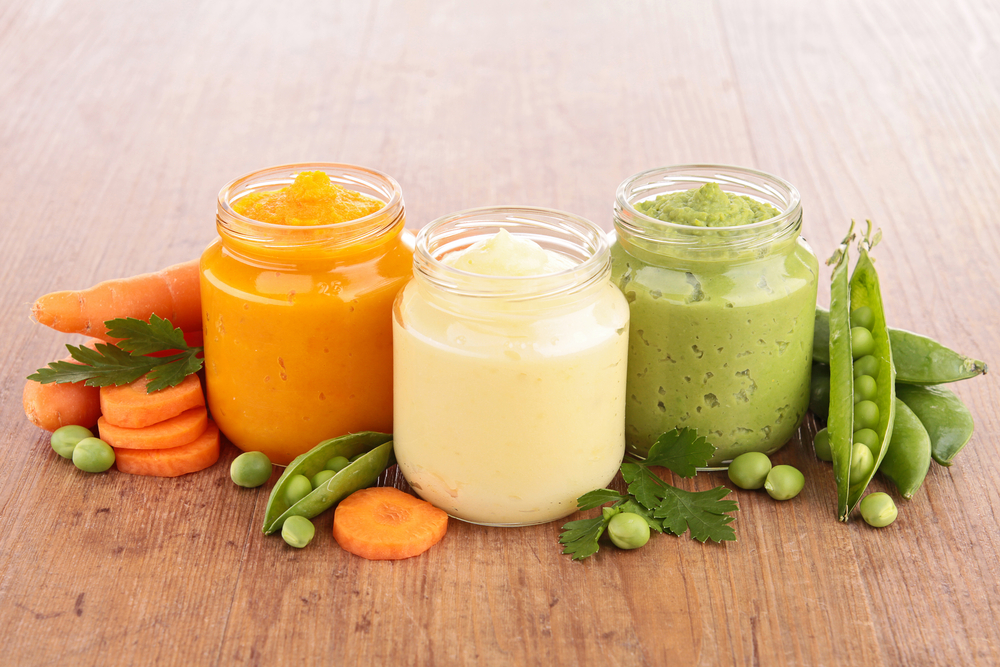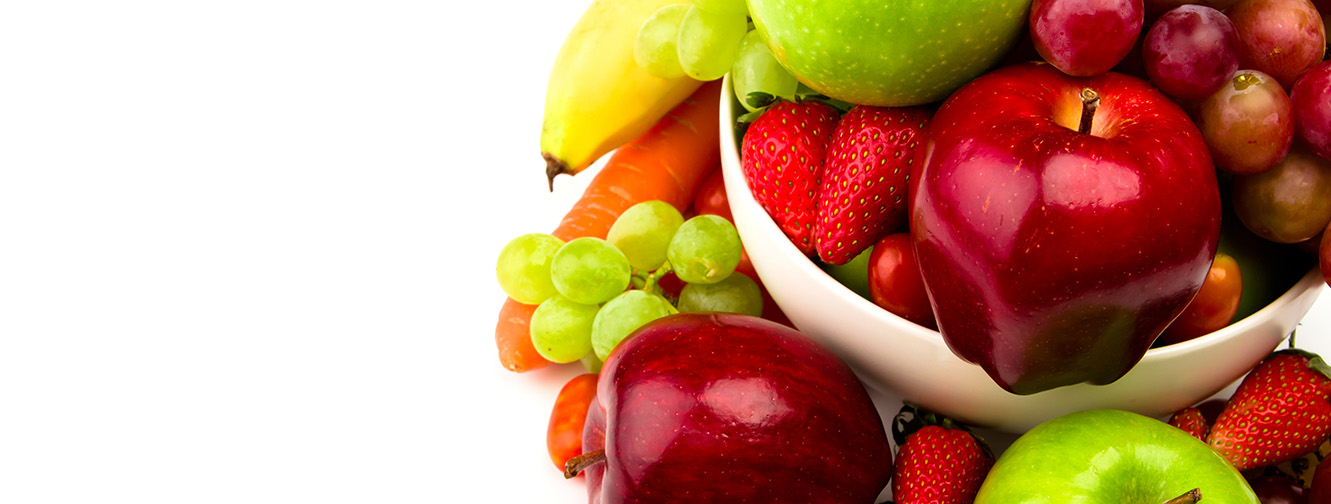Delivery
What You Do Not Know About Water Birth
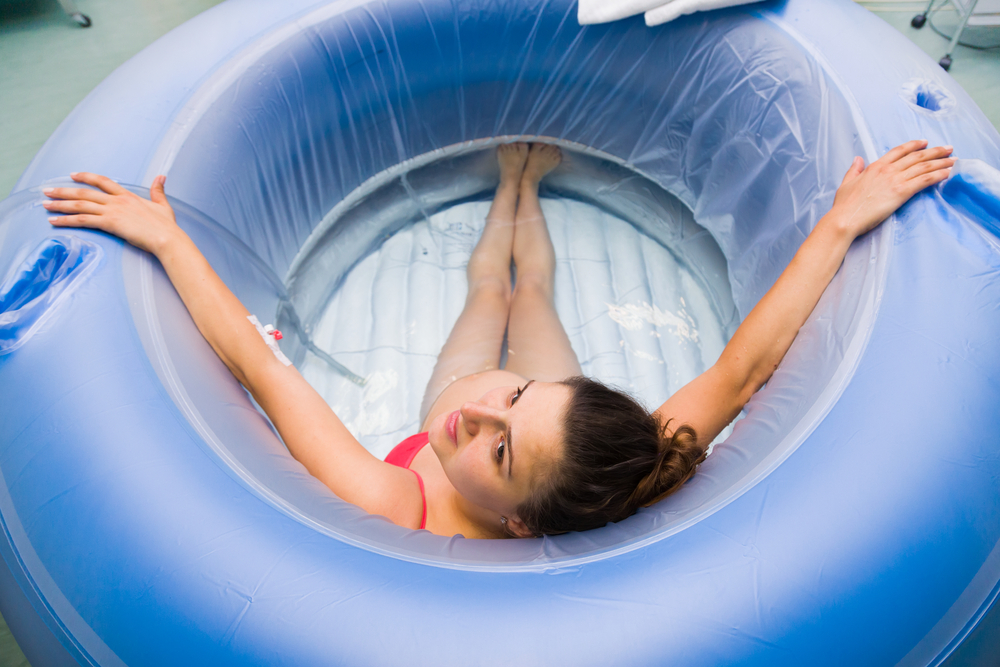
The practice of giving birth in water is a relatively recent development in the Western World. Birth guru and waterbirth expert Janet Balaskas describe legends of South Pacific islanders giving birth in shallow sea water and of Egyptian pharaohs born in water. In some parts of the world today, such as Guyana in South America, women still go to a special place on the local river to give birth!
The first documented water birth was in France in 1805, a mother whose labor had been extremely long and difficult was helped into a warm bath, soon after she entered the water her labor progressed and she gave birth to the baby in the water.
In the 1970s some midwives and doctors in France became interested in ways of helping babies make the transition from life in the uterus to life outside by using warm water. Obstetricians such as Frederick Leboyer and Michel Odent (who I have had the pleasure of meeting and listening to speak about water birth) were concerned that modern maternity care, with all its interventions, were making birth traumatic for babies (and mums). Leboyer believed in the benefits of using a warm bath for the newborn baby a short time after birth together with skin to skin time with mum.
Michel Odent noticed that as well as helping women cope with the discomfort associated with childbirth, being immersed in water seemed to help labour progress. He found that waterbirths seemed to offer babies a more peaceful journey into the world. Babies are born into warm water, an environment that feels similar to being inside the womb. Having attended many waterbirths as doula I have certainly noticed that babies born in water appear to be calm and relaxed in general.
During the 1980s and 1990s interest in waterbirth really began to grow and two influential reports in the UK were commissioned which recommended that women should be given the choice in the position they birth in with the option of using a birth pool where practicable. As a result, many hospitals installed birth pools.
Benefits for mother
-
Warm water is soothing, comforting and relaxing.
-
In the later stages of labor, the water has been shown to increase the woman’s energy.
-
The effect of buoyancy lessens a mother’s body weight, allowing free movement and new positioning.
-
Buoyancy promotes more efficient uterine contractions (surges) and improved blood circulation resulting in better oxygenation of the uterine muscle, less discomfort for the mum and more oxygen for the baby.
-
Immersion in water often helps lower high blood pressure caused by anxiety.
-
The water seems to reduce stress-related hormones, allowing the mother’s body to produce endorphins and oxytocin hormones which promote surges and act as pain inhibitors.
-
Water can cause the perineum to become more elastic and relaxed, reducing the incidence and severity of tearing and the need for episiotomy and stitches.
-
A woman laboring in water relaxes more physically, allowing her to relax mentally, allowing her to focus on the birth process.
-
Water provides a sense of privacy which can reduce inhibitions, anxiety, and fear which can greatly help the birth process.
There has been very little research regarding the risks of waterbirth and the worries I tend to hear from mums when considering a waterbirth such as water embolism (water entering the mother’s bloodstream) and baby inhaling water have been largely disproved.
Not all mums are ideal candidates for waterbirth, the following situations may preclude a mum from attempting a water birth:
-
If she has herpes
-
If the baby is breech
-
If she has been diagnosed with excessive bleeding or maternal infection
-
If she is having multiples
-
If preterm labor is expected
-
If there is severe meconium
-
If she has toxemia or preeclampsia
As a doula, I urge mums to have an open mind regarding water birth. No decision has to be made until the day of the birth! Mums sometimes get in the water and decide they are not comfortable to get out and continue their labors “on land”. If you are lucky enough to have a facility near you that offers water birth why not think about giving it a go and see how you feel?
We are lucky enough in Dubai to have two facilities that offer waterbirth currently and were honored to have been given training by Barbara Harper one of the original water birth pioneers!

